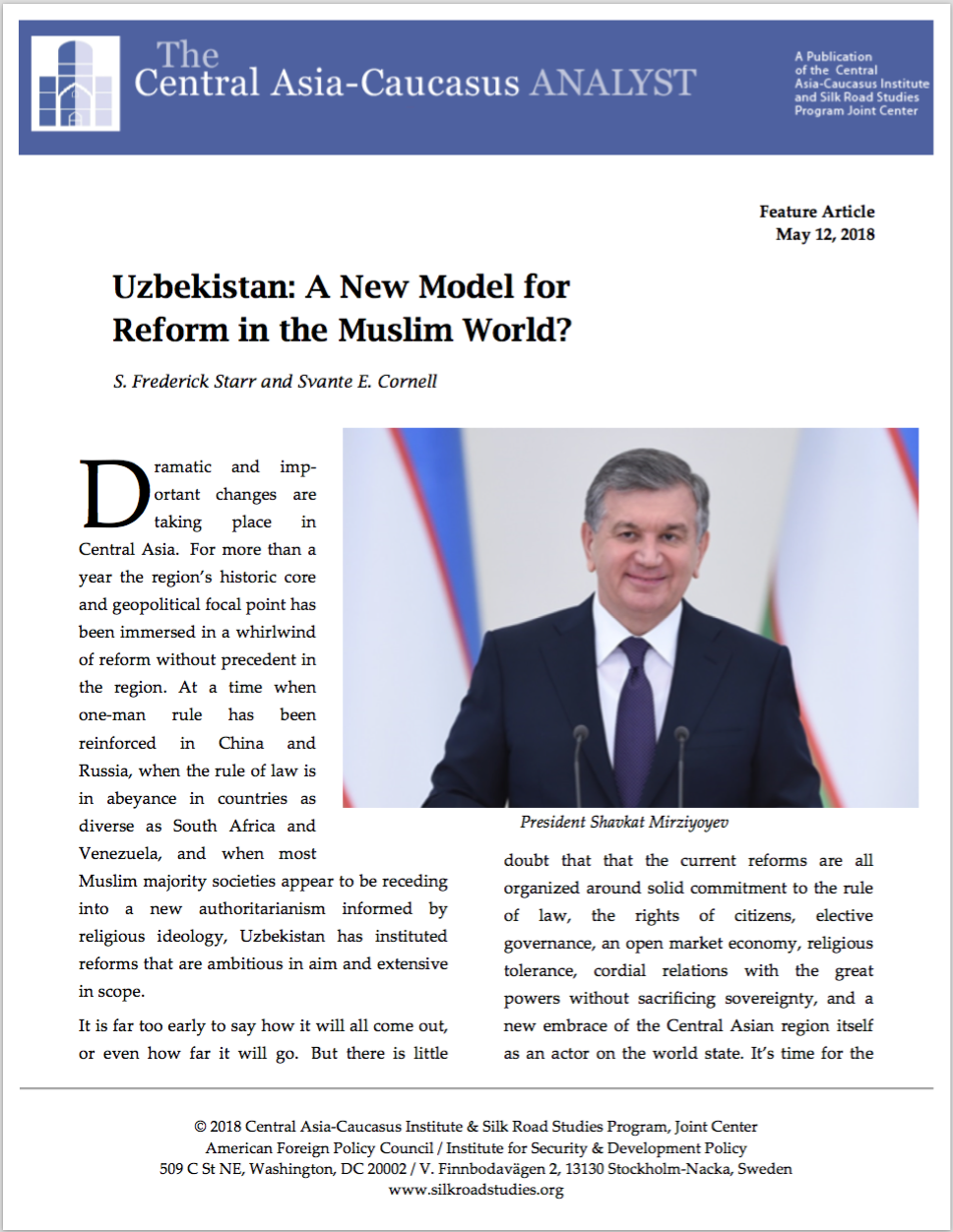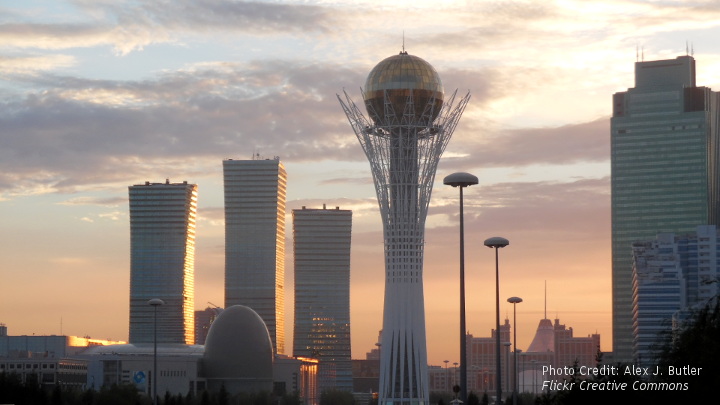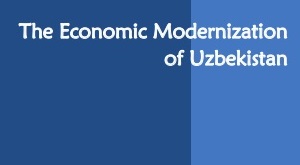Uzbekistan: A New Model for Reform in the Muslim World
By S. Frederick Starr and Svante E. Cornell
Central Asia-Caucasus Analyst
May 12, 2018
 Dramatic and important changes are taking place in Central Asia. For more than a year the region’s historic core and geopolitical focal point has been immersed in a whirlwind of reform without precedent in the region. At a time when one-man rule has been reinforced in China and Russia, when the rule of law is in abeyance in countries as diverse as South Africa and Venezuela, and when most Muslim majority societies appear to be receding into a new authoritarianism informed by religious ideology, Uzbekistan has instituted reforms that are ambitious in aim and extensive in scope.
Dramatic and important changes are taking place in Central Asia. For more than a year the region’s historic core and geopolitical focal point has been immersed in a whirlwind of reform without precedent in the region. At a time when one-man rule has been reinforced in China and Russia, when the rule of law is in abeyance in countries as diverse as South Africa and Venezuela, and when most Muslim majority societies appear to be receding into a new authoritarianism informed by religious ideology, Uzbekistan has instituted reforms that are ambitious in aim and extensive in scope.
It is far too early to say how it will all come out, or even how far it will go. But there is little doubt that that the current reforms are all organized around solid commitment to the rule of law, the rights of citizens, elective governance, an open market economy, religious tolerance, cordial relations with the great powers without sacrificing sovereignty, and a new embrace of the Central Asian region itself as an actor on the world state. It’s time for the world to take stock of this startling development.
Can Russia's Quest for the New International Order Succeed?
Orbis
Vol. 62 no. 2, 2018
Abstract:
Abstract: The genesis and development of the conflict in Ukraine demonstrated fragility of the international security system and its inability to guard sovereignty of the smaller or weaker nations. By creating and then manipulating conflicts, Russia is gaining leverage over the decision making on political and economic development, governance issues, and the external alliances of those countries. By challenging sovereignty of smaller states, and forcibly changing their borders, Russia is challenging existing international order and the basic principles of Helsinki Final Act on Security and Cooperation in Europe of 1975, to which the Soviet Union, and its successor state, Russian Federation, are signatories. For the interests of global stability, it is a priority to bring Russia back to the framework of the Organization for Security and Co-Operation in Europe (OSCE) without any concessions on principles of sovereignty for all OSCE member states. rnational security system and its inability to guard sovereignty of the sAbstract: A genesis and development of the conflict in Ukraine demonstrated fragility of the international security system and its inability to guard sovereignty of the smaller or weaker nations. By creating and then manipulating conflicts, Russia is gaining leverage over the decision making on political and economic development, governance issues, and the external alliances of those countries. By challenging sovereignty of smaller states, and forcibly changing their borders, Russia is challenging existing international order and the basic principles of Helsinki Final Act on Security and Cooperation in Europe of 1975, to which the Soviet Union, and its successor state, Russian Federation, are signatories. For the interests of global stability, it is a priority to bring Russia back to the framework of the Organization for Security and Co-Operation in Europe (OSCE) without any concessions on principles of sovereignty for all OSCE member states. maller or weaker nations. By creating and then manipulating conflicts, Russia is gaining leverage over the decision making on political and economic development, governance issues, and the external alliances of those countries. By challenging sovereignty of smaller states, and forcibly changing their borders, Russia is challenging existing international order and the basic principles of Helsinki Final Act on Security and Cooperation in Europe of 1975, to which the Soviet Union, and its successor state, Russian Federation, are signatories. For the interests of global stability, it is a priority to bring Russia back to the framework of the Organization for Security and Co-Operation in Europe (OSCE) without any concessions on principles of sovereignty for all OSCE member states.
Armenia's Crisis of Legitimacy
The American Interest
April 26, 2018
Sargsyan’s resignation may not suffice to address the long-brewing anger against Armenia’s establishment—nor resolve the country’s main geopolitical conundrum.



